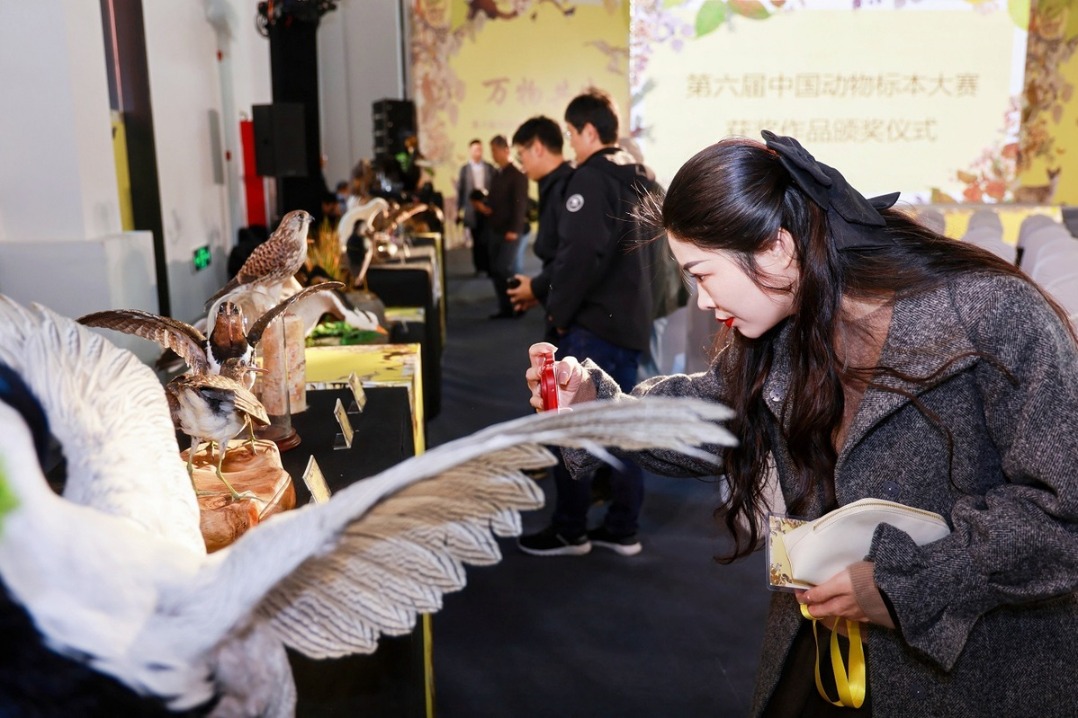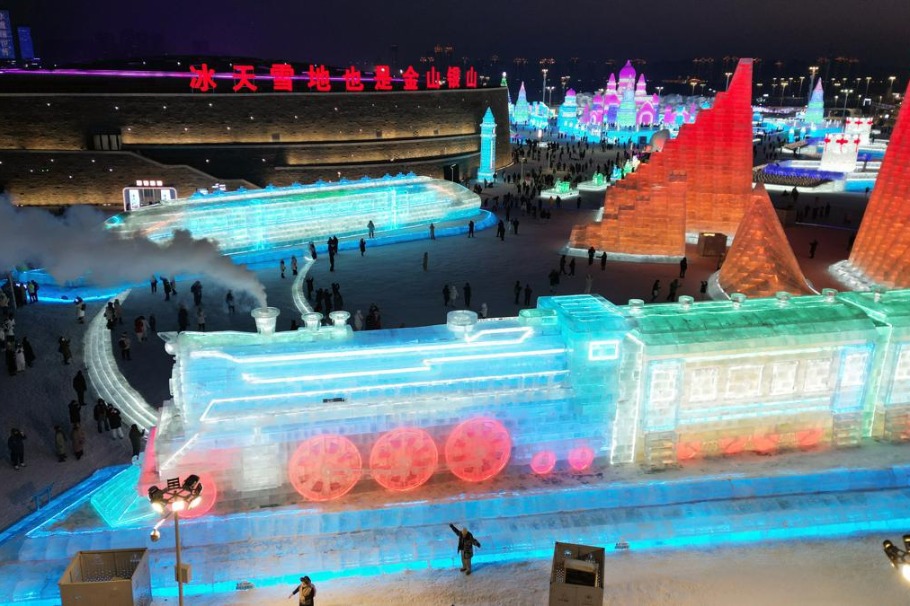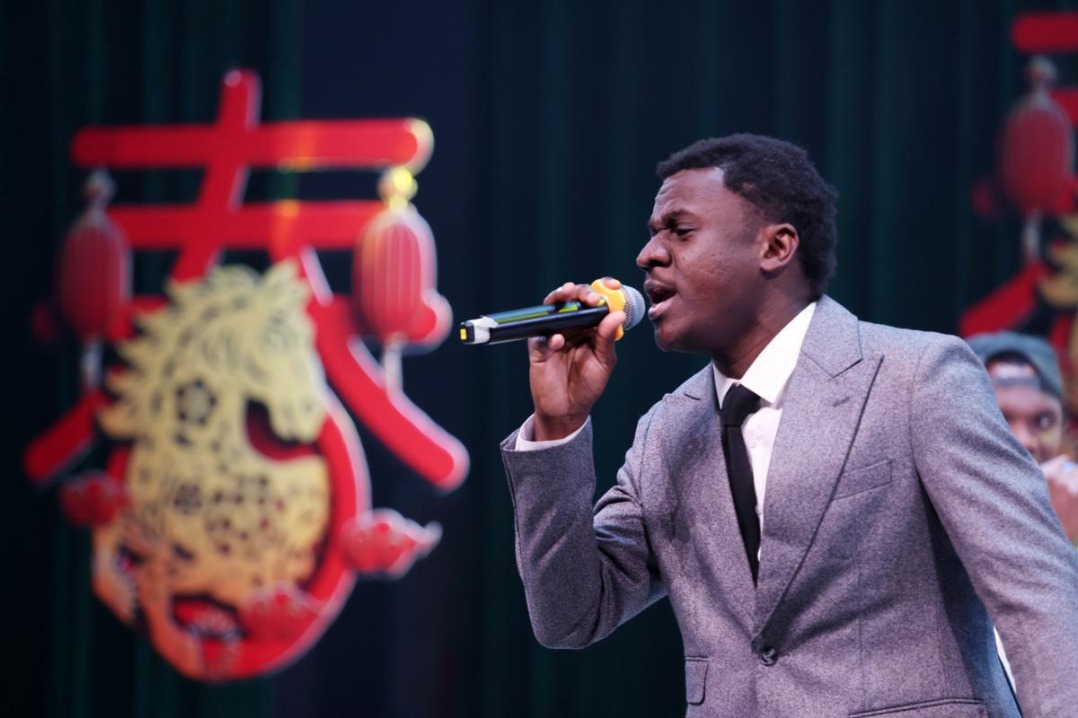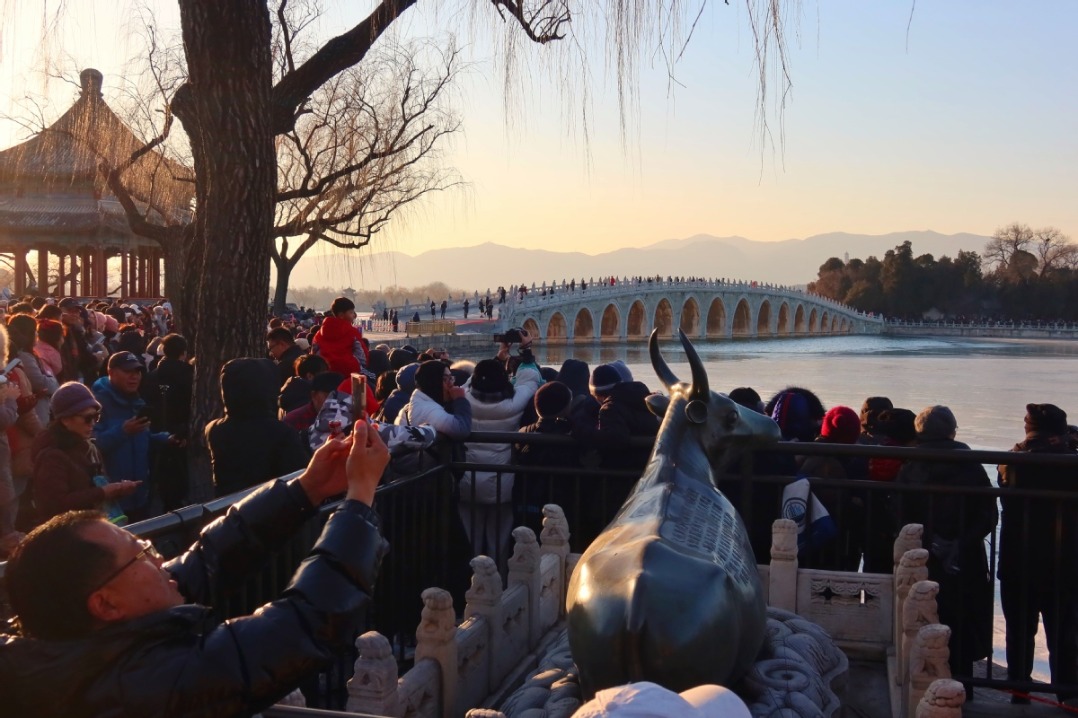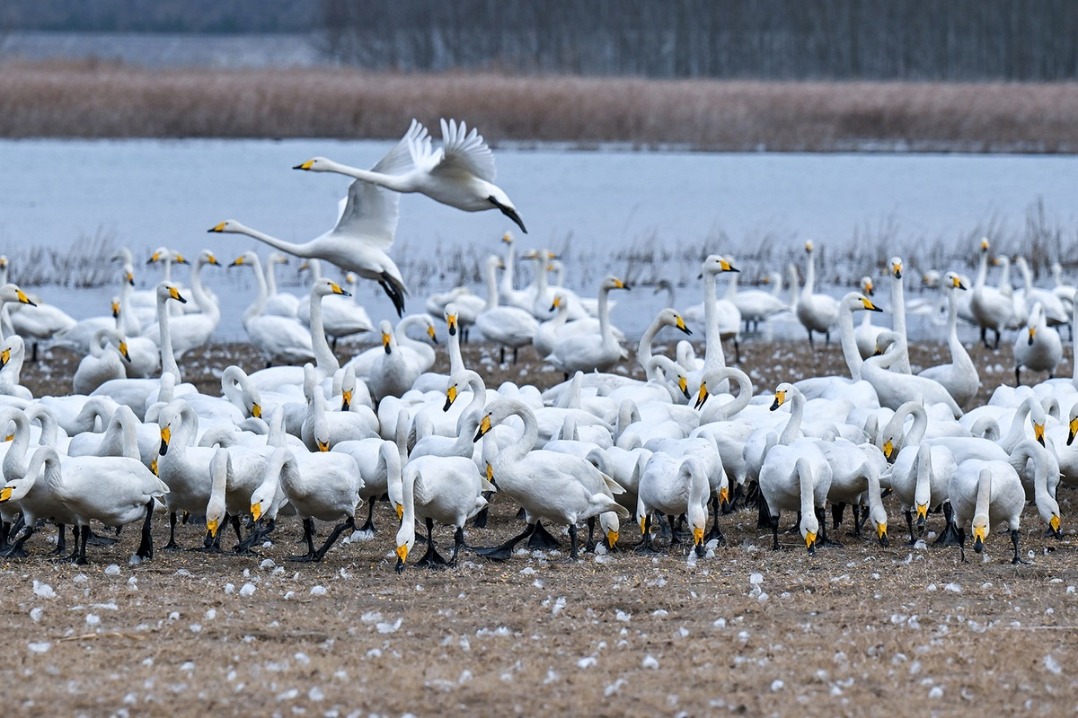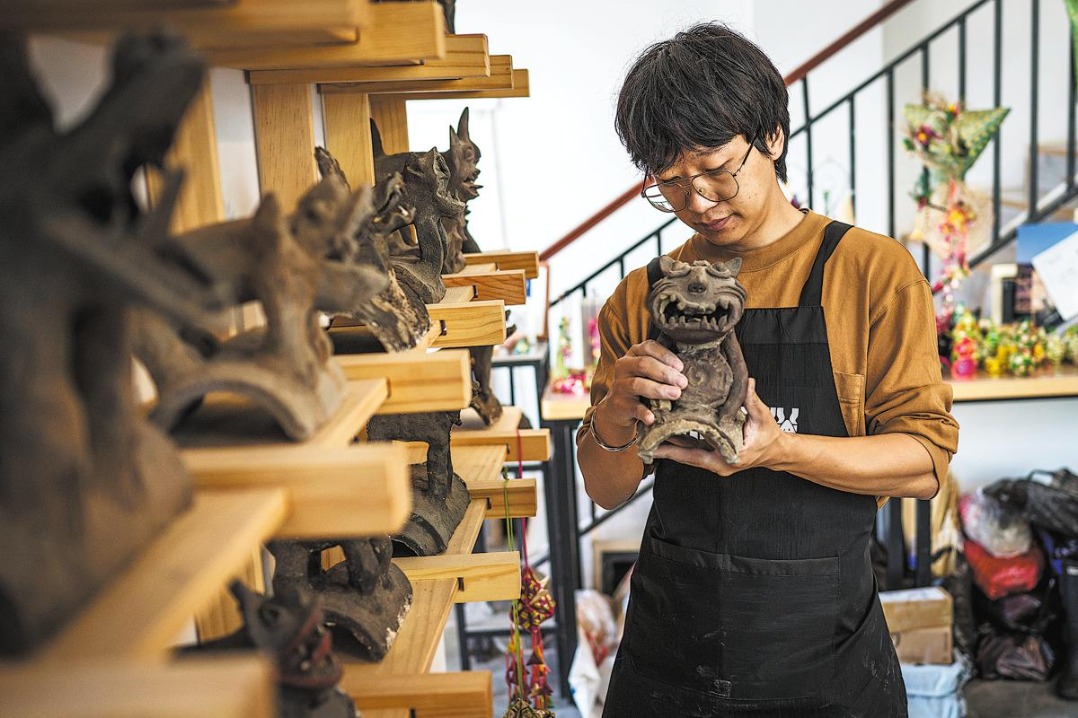Growing great grapes with less labor


High-tech approach
Since September 2018, Wang has been working with Tongji University on applying internet-of-things technology to grape growing.
The technology and equipment, which are provided by the university, allow for an interconnected network to exchange data to improve grape production.
Wang said it was a growing trend to use such technology in agriculture as automation helped solve the workforce problem because young people are not attracted to the industry. Under the project, which covers 10 hectares, sensors are installed in the soil and inside and outside greenhouses.
By monitoring the weather, humidity and soil and air temperatures, the smart greenhouses can open and close windows, lift and drop down shade cloths and spray water and pesticide automatically or by remote control.
"Now we only need two farmers to monitor the data on mobile phones. This saves working time and improves the different varieties of our grapes," Wang said.
She said people can also trace the origins of the grapes if they are concerned about food safety.
Shan Tao, general manager of the institute, said he has hired many graduate students in the past years, but most of them left after a few years. "Young college students from rural areas want to leave the sector, but Wang has devoted herself to grapes and learned everything from scratch," Shan said. "She is a role model for all our staff."
In 2013, Wang gave birth to a girl she named Guoli, which means a "single grape". "I am grateful for the grape garden," she said. "In the past 12 years, I have fallen in love with my work, and I hope my daughter loves grapes in the future, too."
- Shanxi ends province-wide blanket fireworks ban
- Audit: China fixes bulk of fiscal problems tied to 2024 budget
- China reports major gains in circular economy
- Chinese lawmakers review draft revision to banking supervision and regulation law
- Top legislature to study draft laws on environment, ethnic unity, national development planning
- Administrative organs must secure people's interests: senior judge

















